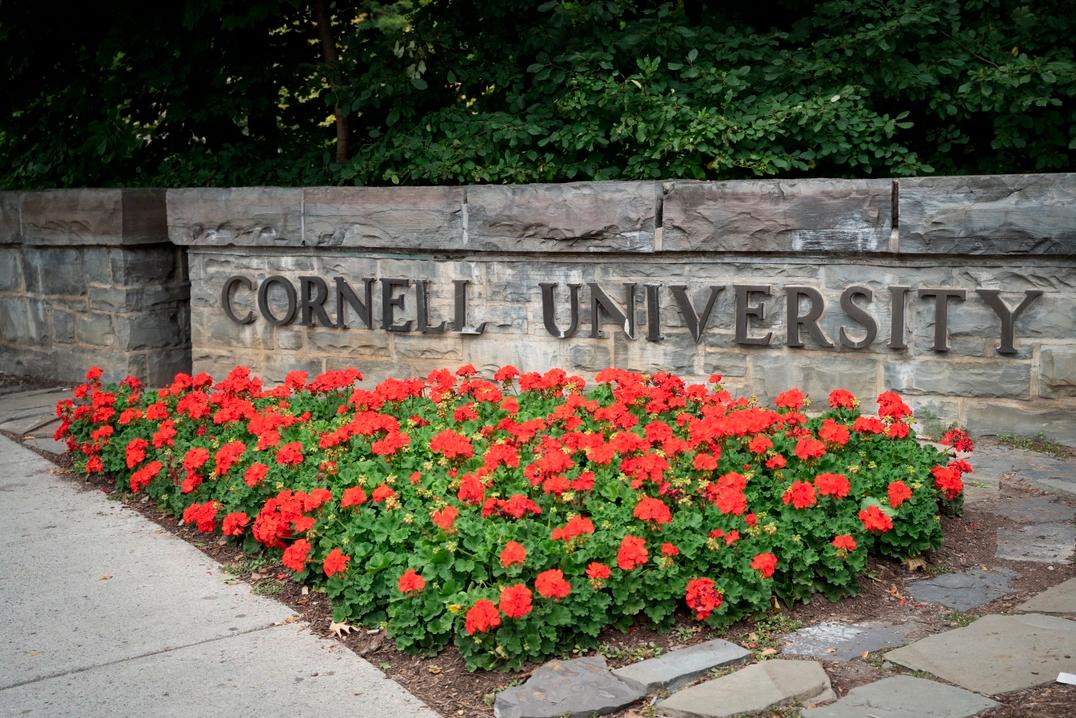The City of Portland, Oregon, will be required to clear its sidewalks of sprawling homeless camps under terms of a lawsuit tentatively settled this week.
Filed in September, the federal class action lawsuit alleged that the city violated the Americans with Disabilities Act and the Rehabilitation Act of 1973 by allowing tent camps and debris to obstruct sidewalks. The plaintiffs included nine people with disabilities who use wheelchairs, scooters, canes, and walkers to get around.
“I don’t always welcome being sued, but this is a notable exception,” said Portland Mayor Ted Wheeler. “I agree with this suit. People should have access to the City’s sidewalks without impediment regardless of whether they have disabilities or not.”
“And the ADA is very explicit about the rights of people with disabilities, and I believe those rights were impinged by the large number of obstructions on our sidewalks.”
Among other allegations, plaintiffs in Tozer v. Portland claimed that the Multnomah County government contributed to the proliferation of the homeless camps that blocked the sidewalks when its Joint Office of Homeless Services (JOHS) used $2 million in COVID-relief funding to purchase more than 22,000 tents and 69,000 tarps and distribute them to the homeless over a two-year period.
The resulting lawsuit will cost area taxpayers an additional $20 million.
Plaintiffs Make Their Case
Before voting to adopt the proposed settlement, the Portland City Council heard public testimony at its May 31 meeting.
Plaintiff Steve Jackson, who is legally blind and uses a cane, said tent encampments prevented him from using the sidewalk and accessing bus stops.
“Often there’s tents blocking the entire sidewalk, where I don’t see them because they weren’t there the day before, and I hit the tent and then people are mad at me and think I’m attacking them,” Jackson testified.
More than 82,000 people, or roughly 13 percent of Portlanders, live with a disability, said plaintiff Tiana Tozer. She explained that camps frequently take up the entire width of sidewalks and that trash and tents have been blocking the sidewalks for years.
“This change will benefit more than just the disabled,” said plaintiff Keith Martin “We want to clear the sidewalks to help everyone who has to step into the roadway to get around these camps.”
One opponent to the settlement testified that it “attacks one group of disabled people to accommodate another group of disabled people who live on the street. This settlement does nothing for them.”





